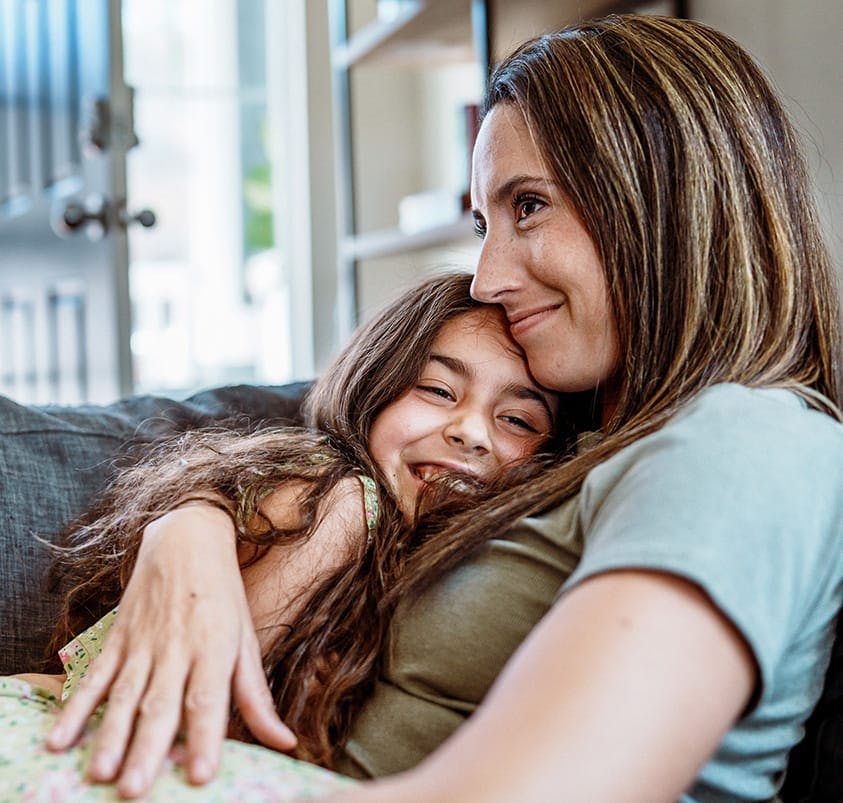The Florida family courts generally award joint custody unless doing so would potentially harm the child. The O’Mara Law Group is a reputable child custody law firm with comprehensive experience in joint custody cases. We provide legal advice, mediation, and strong advocacy in court.

Hiring O’Mara Law Group in Joint Custody Cases
When you hire the O’Mara Law Group to assist you with your child custody case, you can count on us to provide effective, vigorous representation. We have been helping families navigate the complexities of joint custody for more than 30 years, and our satisfied clients attest that we give personalized, attentive service to every case.
Our founder, Mark O’Mara, is a board-certified family law attorney and a Supreme Court-Certified Family mediator. He has earned the coveted Martindale-Hubbell AV Preeminent rating for excellence in professional service, and the National Trial Lawyers recognize him as one of the top 100 trial lawyers in the state.
Frequently Asked Questions
Below are answers to the questions we most frequently receive about joint custody.
Can a parent with joint custody relocate?
You can move to a new address within the same geographical area. If you are relocating more than 50 miles away for longer than 60 days, you must file a petition for a modification and wait to move until you receive approval from the court. The court may allow the move if it is in good faith and after evaluating such factors as the following:
- Your reason for relocating
- Whether the move will enhance your quality of life or your child’s
- The feasibility of maintaining a continuing relationship between your child and the other parent
- The reasons the other parent objects
- Whether the objecting parent has fulfilled their financial obligations, such as child support and alimony
In joint custody, who claims the child on taxes?
The parent who claims the child as a dependent should be listed in the parenting plan agreement. If the parents cannot agree, the court will make this determination. According to the Internal Revenue Service, a noncustodial parent may claim a child as a dependent and claim the child tax credit.
However, the noncustodial parent cannot claim the child as qualifying for the earned income credit. The IRS defines the custodial parent as the parent with whom the child spends the most time.
If you are a noncustodial parent claiming a dependent child, the other parent must complete IRS Form 8332, which authorizes you to claim the child. The court will order the parent to complete this form as applicable.
If you cannot agree on who will claim the child, the court may order you to claim the child during alternate years or decide in one parent’s favor.
Who pays child support in joint custody?
The parent with less parenting time usually pays child support, but this is not guaranteed. The court assigns each parent a support obligation based on income, childcare costs, health care coverage, and other specific circumstances, including the number of overnight visits.
The parent with the higher net obligation pays child support to the other parent. As a result, one parent will likely be ordered to pay child support even if they receive equal parenting time. Whether you are paying or receiving child support, our child support lawyers can ensure you are treated fairly by the court.
Who is the custodial parent in joint custody?
Florida law does not officially designate one parent as the custodial parent in joint custody cases. However, the parent with more parenting time is generally considered the custodial parent.
Is it possible to get joint custody without going to court?
Even if both parents reach an agreement outside of court, the final custody arrangement generally must be approved by the court, except for agreements forged through the collaborative law process.
If you agree, a Collaborative Law attorney, such as Mark O’Mara, can help you reach a confidential agreement outside of court. Once signed, this agreement is legal and binding without the need to attend a hearing.
How can a father get joint custody?
In Florida, a father has the right to receive equal consideration for parental responsibility and parenting time. Florida law prohibits the court from favoring either parent based on gender.
If you were unmarried during the child’s birth, and your name is not on the birth certificate, you must establish paternity before pursuing custody. Paternity can be established through a written acknowledgment signed by you and the mother or by submitting to genetic testing. After establishing paternity, you can file a custody petition.









